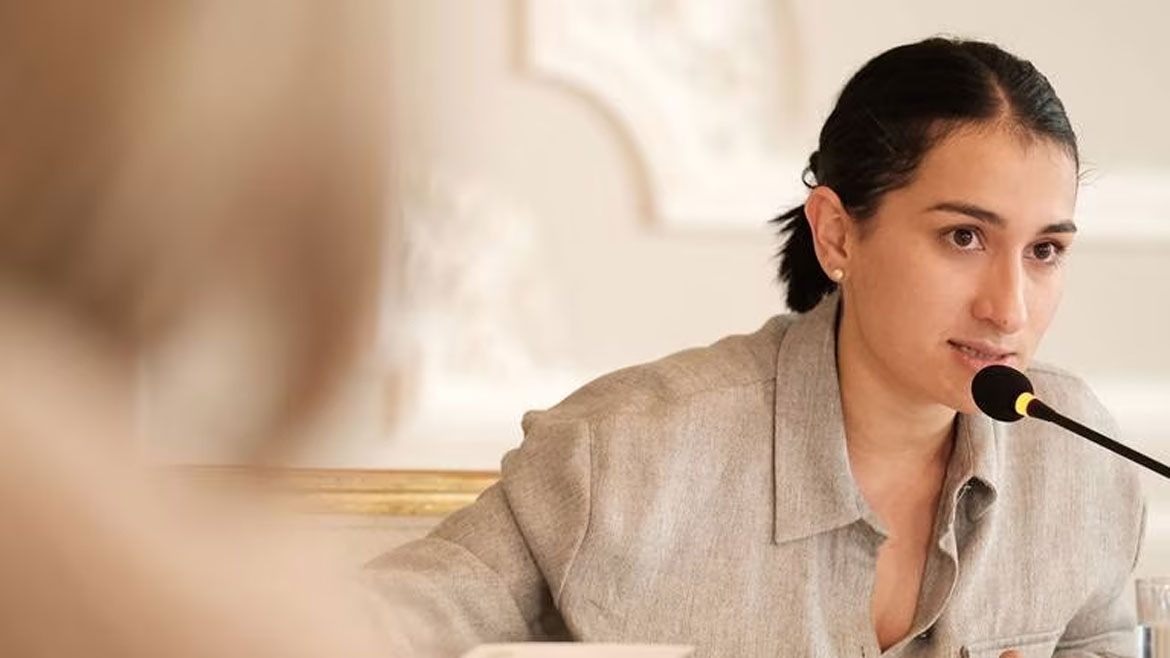Colombia’s government was rocked by revelations of illegal wiretapping by police intelligence.
The illegal wiretapping was revealed by Prosecutor General Francisco Barbosa, who has been investigating the alleged abuse of power by President Gustavo Petro’s chief of staff, Laura Sarabia.
According to the prosecution, police intelligence unit DIJIN wiretapped the phones of Sarabia’s former maid and former nanny after the theft of $4,000 in cash from the top government official’s home on January 29.
In order to justify the wiretapping, an unidentified DIJIN official claimed that the domestic employees were linked to paramilitary organization AGC, the prosecution said in a press release.
The DIJIN official in charge of the intelligence operation against the AGC discovered that Sarabia’s employees had nothing to do with his investigation and requested an end to the wiretapping on February 9.
Barbosa’s investigation is trying to establish who ordered the illegal wiretapping.
Defense Minister Ivan Velasquez said that the National Police had independently begun an internal investigation.
The chief prosecutor’s announcement further escalated tensions between Petro and Barbosa, who claimed that “wiretapping has returned to Colombia.”
The chief prosecutor ignored the fact that illegal wiretapping has been an almost constant issue since intelligence agency DAS actively spied on opposition politicians and the Supreme Court while former President Alvaro Uribe was in office between 2002 and 2010.
Barbosa said that his office had summoned Petro’s chief of staff to testify about her possible involvement in the illegal wiretapping of her former employees.
Both the opposition and coalition lawmakers called for the resignation of Sarabia.


